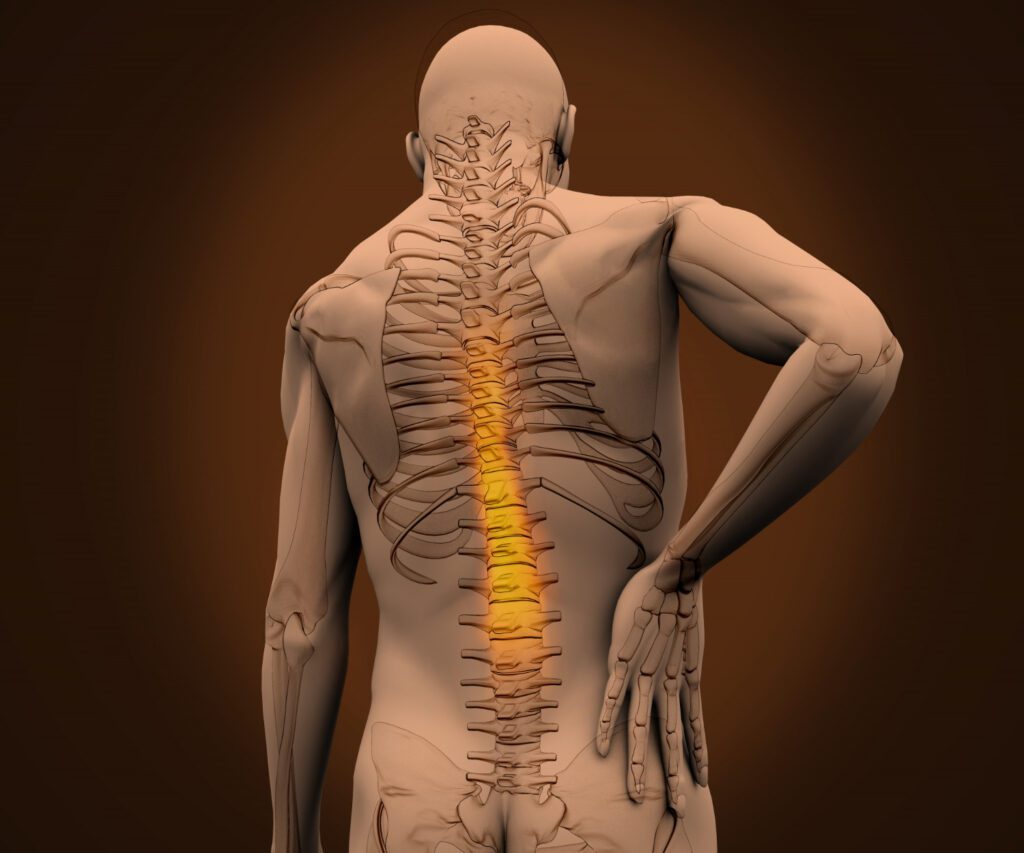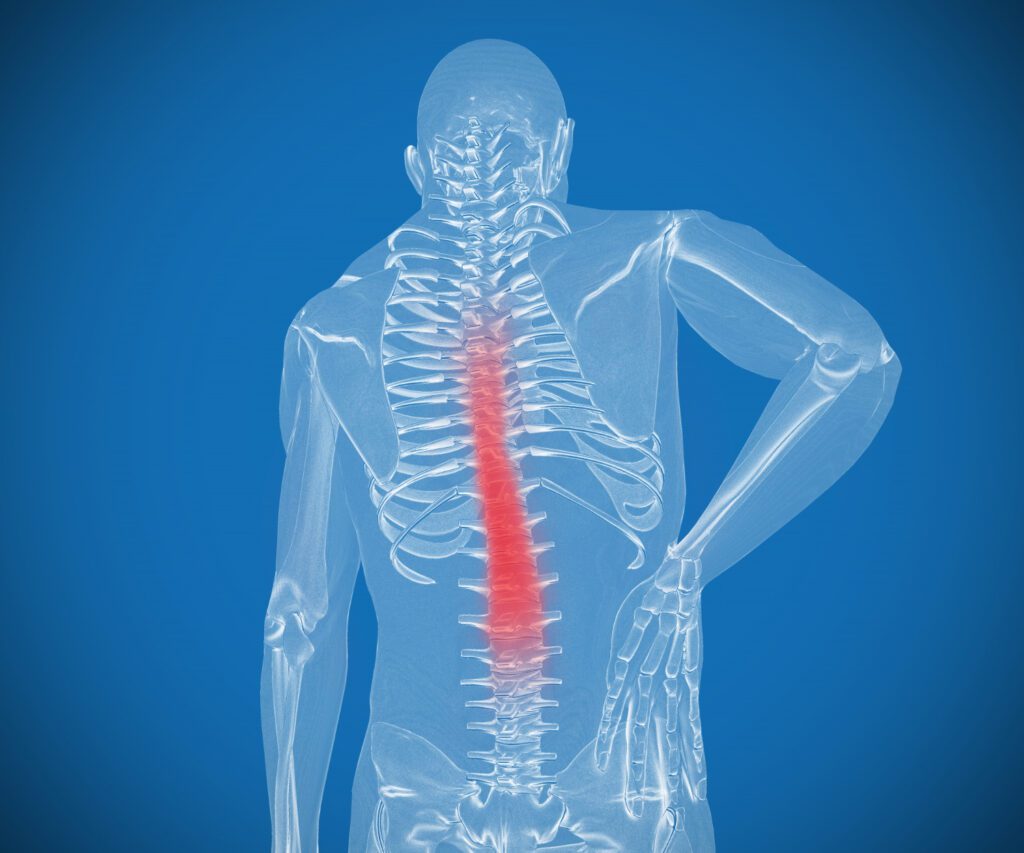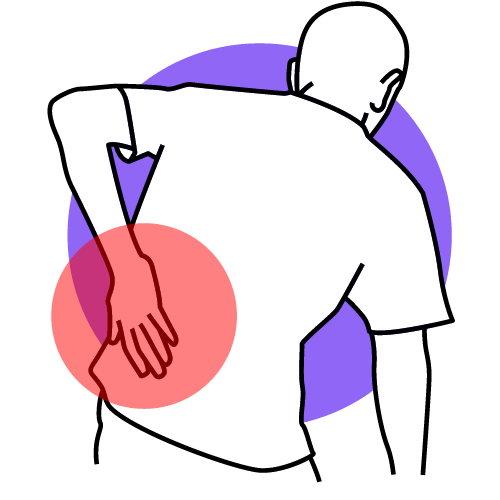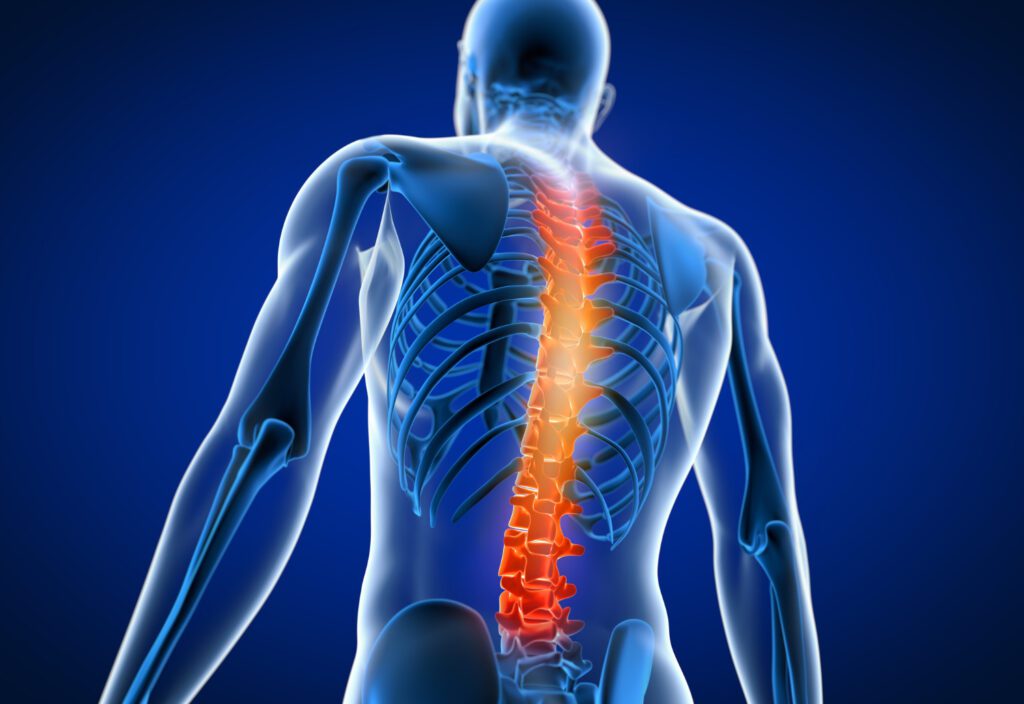Merely living in today’s fast-paced world can take a toll on our physical and mental well-being, often leading to stress-induced back pain.
The good news is that physical therapy can play a crucial role in providing relief from the discomfort and tension associated with stress-related back pain.
In this blog post, we will explore the various techniques and exercises offered by physical therapists to manage tension-related discomfort and promote a healthier, pain-free back.
We’ll also delve into the benefits of seeking professional guidance in the form of physical therapy, along with important considerations to keep in mind when treating stress-induced back pain.
Key Takeaways:
- Physical therapy is a practical approach for managing stress-induced back pain. Through a combination of stretching, strengthening exercises, and manual therapy, physical therapists can help patients alleviate tension-related discomfort.
- Education and self-management strategies play a crucial role in the treatment of stress-related back pain. Physical therapists empower patients to take control of their symptoms by providing them with the knowledge and techniques to manage their pain on a daily basis.
- Stress reduction techniques such as relaxation exercises, breathing techniques, and mindfulness practices are often incorporated into physical therapy programs to help patients address the underlying causes of their back pain and prevent future flare-ups.
- Posture correction is an essential component of physical therapy for stress-induced back pain. By addressing poor posture habits and educating patients on proper body mechanics, physical therapists can help alleviate strain on the spine and muscles.
- Long-term benefits of physical therapy for stress-induced back pain include improved mobility, reduced pain, and a decreased risk of recurrence. By addressing both the physical and psychological aspects of pain, physical therapy can help patients achieve lasting relief and improved quality of life.
The Physiology of Stress and Its Impact on the Body

Obviously, we all experience stress at some point in our lives.
Whether it’s due to work, relationships, health issues, or other factors, stress can take a toll on our bodies.
Understanding the physiological effects of stress is crucial in managing its impact on our overall well-being, including how it contributes to back pain and muscle tension.
The Stress Response System
To understand the physiological impact of stress, it’s essential to look at the body’s stress response system.
When a person experiences stress, the hypothalamus, a small region in the brain, initiates a chain reaction involving the release of hormones such as adrenaline and cortisol.
This increases heart rate, blood pressure, and muscle tension, preparing the body for the “fight or flight” response.
As this stress response system becomes activated frequently, it can lead to chronic activation of the body’s stress hormones, which has been linked to a variety of health problems, including muscle tension and back pain.
How Stress Contributes to Muscle Tension and Back Pain
One of the ways stress contributes to muscle tension and back pain is through the continuous activation of the body’s stress hormones.
This can lead to persistent muscle tightness, particularly in the neck, shoulders, and back, as the body remains in a state of heightened alertness and muscle readiness.
Additionally, stress can lead to poor posture and unhealthy coping mechanisms, such as slouching or tensing the muscles, which can further exacerbate tension-related discomfort.
Any individual experiencing chronic stress may be at risk of developing muscle tension and back pain.
It’s essential to recognize the signs of stress-induced discomfort and seek appropriate management strategies, such as physical therapy, to address the underlying issues.
Physical Therapy for Stress-Related Back Pain

Clearly, managing stress-related back pain is essential for maintaining a healthy and active lifestyle.
Physical therapy plays a crucial role in addressing the underlying tension and discomfort often associated with stress-induced back pain.
Assessment of Back Pain by Physical Therapists
Pain assessment by physical therapists for stress-related back pain involves a comprehensive evaluation of the patient’s medical history, physical examination, and any diagnostic tests.
Therapists assess the severity of pain, limitations in range of motion, and functional capabilities in order to design a personalized treatment plan.
Understanding the specific triggers and contributing factors to back pain is integral to devising an effective therapy program.
Evidence-Based Physical Therapy Techniques
Pain relief and management through evidence-based physical therapy techniques are rooted in proven interventions such as manual therapy, therapeutic exercises, and modalities like heat and ice therapy.
These interventions target muscular tightness, weakness, and imbalances that contribute to stress-induced back pain.
By addressing the root causes of the pain, physical therapists aim to restore mobility, improve posture, and enhance overall function.
Back pain sufferers benefit from evidence-based physical therapy techniques that have been shown to alleviate tension-related discomfort, improve flexibility, and prevent further injury.
Incorporating these techniques into a comprehensive treatment plan can empower individuals to regain control over their pain and lead an active, pain-free lifestyle.

Complementary Therapies and Lifestyle Modifications
Not all treatment for stress-induced back pain involves medication or surgery. Complementary therapies and lifestyle modifications can play a vital role in managing tension-related discomfort.
By incorporating alternative therapies and making adjustments to daily habits, individuals can find relief and reduce the impact of stress on their back.
Relaxation Techniques and Mind-Body Interventions
Any comprehensive approach to managing stress-induced back pain should include relaxation techniques and mind-body interventions.
These practices, such as meditation, yoga, and deep breathing exercises, can help to calm the mind and relax tense muscles, reducing the physical and emotional impact of stress on the back.
By incorporating these practices into a daily routine, individuals can improve their ability to manage stress and minimize its effects on their back.
Importance of Exercise and Ergonomic Adjustments
Complementary to relaxation techniques and mind-body interventions, the importance of exercise and ergonomic adjustments cannot be overstated.
Regular physical activity, such as walking, swimming, or gentle stretching, can strengthen the muscles supporting the back, improve flexibility, and promote overall well-being.
Additionally, making ergonomic adjustments to workstations and daily activities can prevent further strain on the back and improve posture and spinal alignment.
Plus, focusing on proper body mechanics and ergonomics can reduce the risk of future back pain episodes, promoting long-term health and wellness.
By incorporating exercise and ergonomic adjustments into daily life, individuals can take proactive steps to manage stress-induced back pain and promote a healthy back.
Case Studies and Clinical Outcomes

Your search for evidence on the effectiveness of physical therapy in managing stress-induced back pain ends here.
The following case studies present real-life examples of individuals who have experienced significant improvement through physical therapy.
- Case Study 1: A 45-year-old office worker experienced chronic lower back pain due to prolonged sitting. After 8 weeks of tailored physical therapy, she reported a 50% reduction in pain and an improved range of motion.
- Case Study 2: A 35-year-old athlete suffered from acute back pain following intense training sessions. After 6 weeks of targeted physical therapy, he experienced a 75% decrease in pain intensity. He could resume his sports activities without discomfort.
Success Stories in Physical Therapy
Case studies such as the ones mentioned above illustrate the positive outcomes achievable through physical therapy. Individuals from varied backgrounds have found relief from stress-induced back pain and regained their quality of life through personalized rehabilitation programs.
Data-Driven Research Findings
Research in the field of physical therapy consistently demonstrates the efficacy of this approach in managing tension-related discomfort.
Data from multiple studies support the role of physical therapy in reducing pain, improving functionality, and enhancing overall well-being.
With statistics and clinical evidence to back it up, physical therapy emerges as a viable solution for individuals struggling with stress-induced back pain.
Incorporating these findings into personalized treatment plans can lead to significant improvements in patients’ conditions.

Conclusion: Easing Stress-Induced Back Pain – The Role of Physical Therapy in Managing Tension-Related Discomfort
So, it is clear that physical therapy plays a crucial role in managing stress-induced back pain and tension-related discomfort.
Through a combination of targeted exercises, manual therapy, and education, physical therapists can help patients alleviate their pain and improve their overall quality of life.
By addressing the root cause of the pain and providing individualized treatment plans, physical therapy offers a holistic approach to managing stress-related back pain.
As such, it is essential for individuals experiencing these symptoms to seek out the expertise of a qualified physical therapist to manage and alleviate their discomfort effectively.
FAQ About Physical Therapy in Managing Tension-Related Discomfort
What is stress-induced back pain?
Stress-induced back pain is discomfort in the back that is caused or exacerbated by emotional or psychological stress. This type of pain can manifest as tension, stiffness, or even muscle spasms in the back.
What role does physical therapy play in managing stress-induced back pain?
Physical therapy can be a crucial component in managing stress-induced back pain. It can help in improving mobility, strength, and flexibility, as well as in reducing tension and discomfort in the back.
What are the standard physical therapy techniques used to ease stress-induced back pain?
Common physical therapy techniques for managing stress-induced back pain include stretching exercises, core strengthening exercises, manual therapy, and posture correction. These techniques aim to alleviate tension and improve the overall health of the back.
How effective is physical therapy in relieving stress-induced back pain?
Physical therapy has been shown to be highly effective in relieving stress-induced back pain. Through targeted exercises and therapies, physical therapy can address the root causes of the pain and provide long-term relief.
Can physical therapy alone manage stress-induced back pain, or are there other treatments needed?
While physical therapy can play a significant role in managing stress-induced back pain, a comprehensive approach that may also include stress management techniques, relaxation methods, and ergonomic improvements is often recommended for optimal results.
How long does it typically take to see improvements in stress-induced back pain with physical therapy?
The timeline for improvement with physical therapy can vary based on individual factors such as the severity of the pain and the commitment to the therapy regimen. In many cases, patients may begin to experience relief within a few weeks of consistent therapy.
How can I find a qualified physical therapist to help with stress-induced back pain?
To find a qualified physical therapist for stress-induced back pain, it is recommended to seek referrals from healthcare providers, check with professional organizations, and research the therapist’s credentials and experience in treating back pain related to stress. It’s crucial to work with a therapist who has expertise in this specific area to ensure the best possible care.







